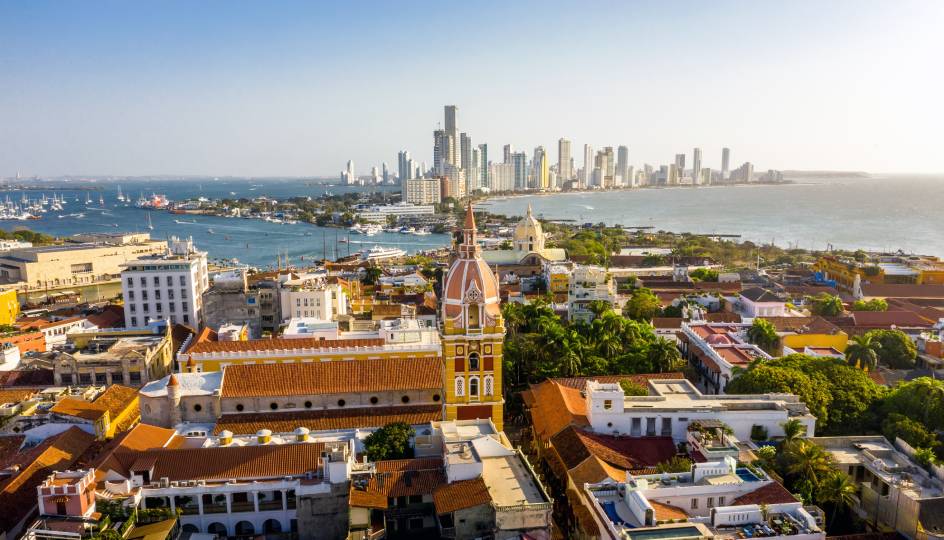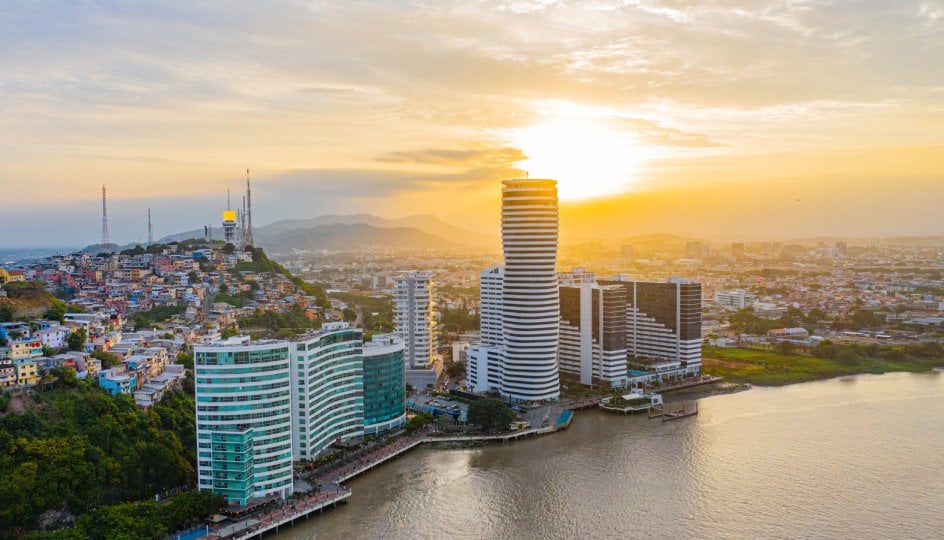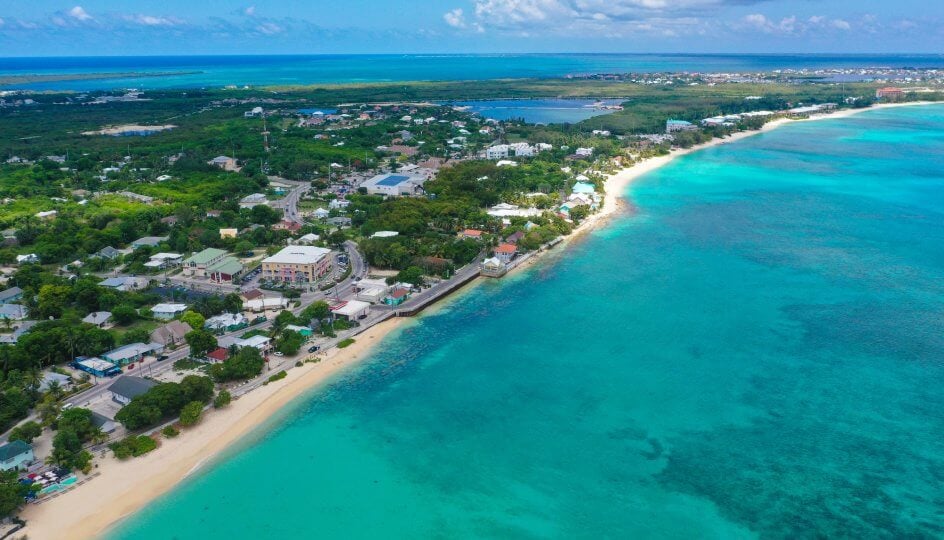The first 90 days: what you need to know to start a business in Costa Rica

If you are thinking of starting a business in Costa Rica, here is all you need to know to get through the first 90 days.
Costa Rica continues to be one of the most attractive Latin American countries in which to do business, with a relatively stable economy and high economic growth but it is not without its challenges. Starting a business in Costa Rica has become a little easier, with the introduction online processes, but it is still complex and can take some time. Here we look at some of the steps an entrepreneur will need to follow to establish their company.
Preparation
The first step to starting a business is choosing the most suitable type of entity: a corporation, a limited liability company (LLC) or a branch.
For a corporation:
- You must pick four members for a board of directors (they can be foreign nationals)
- Two shareholders must also be assigned.
For an LLC:
- A general manager must be picked (can be more than one)
- There is no board of directors, but two shareholders are needed to form the company.
For a branch:
- The legal representative of the parent company must sign the constitution prepared and notarised by the Costa Rican Notary Public, making the process more complicated.
The next step is to choose a name for the entity. It is recommended to have three options in case the name is already taken, or is rejected by the National Registry. In order to register a company, you must first verify the availability of the company name. The company name can be verified online free of cost. Companies can also be registered by number, in which case the name would not have to be verified.
At this point, you can choose a legal representative for the entity. This can be a foreign national and you can appoint more than one person, but it is recommended to choose someone local, a resident or citizen of Costa Rica, to have power of attorney to represent the company on the ground and to handle any in-country process requirements more easily. There are certain obligations with some government agencies, such as obtaining a digital signature, that cannot be fulfilled by someone who is not a resident or citizen. As a side note, if no legal representative resides in Costa Rica, a resident agent must be appointed. The resident agent must be an attorney, whose sole function will be to receive and respond to any legal notice.
If the company does not have a physical office in Costa Rica, it will have to find an address to register as domicile before the National Registry. This address will be where notifications will be sent, as well as where the accounting books are going to be held.
Registering the company
The founding shareholders, and no others, must sign the public deed of incorporation drafted and authorized by the notary public, who will then submit it for registration to the National Registry. A minimum of two founding shareholders is required, as well as designation of a president, secretary, treasurer and controller. The same person cannot occupy two different positions. Each director and legal representative will need to provide a copy of their legal identification, which, in the case of a non-Costa Rican, must be a passport.
The company must be added to the Mercantile Registry which can be processed online or in person. In order to have a local office in Costa Rica, municipal permits are required, as well as the sanitary operating permit.
Taxes
The second process is the setting up taxes for your company with the tax authority. You must provide information about all business activities that will be carried out by the company in the territory of Costa Rica.
As part of the process of tax registration, the electronic books need to be authorised and a digital signature obtained, if the local legal representative does not have this in their possession. The digital signature can be obtained through your bank. If the legal representative is a foreign national, the passport must be up to date and a letter from the legal representative stating their country of residence must be notarised and apostilled. This process of registration with the tax authorities must be done in person, normally taking one day, but it can take longer if the tax authority has further questions or rejects the registration forms.
To file taxes, the chosen legal or fiscal representative will be responsible for setting up the Virtual Tax Administration (ATV) account. If the representative is a foreign national, they must obtain their NITE before they can do this. Tax filings must be completed online through this service. Electronic invoicing is mandatory and will need to be set up to be compliant locally. Additional authorised ATV users can be created by the first ATV user, but the person who presents the tax return is the person that takes full responsibility under the law for the content of the return.
To implement electronic invoicing where the legal representative is a foreign national, you must request a cryptographic key from the tax administration. Only the legal representative can generate the cryptographic key.
All companies formed after November 2018 are required to use electronic invoicing. The tax administration offers a free system, but it is slow and unreliable after the 10th invoice monthly, so it is advisable to engage an external electronic invoicing company, if needed. Companies must pay the legal entity’s tax within the first 30 calendar days following registration with the National Registry. The tax is paid from the website of any Costa Rican bank.
Registry of Transparency and Final Beneficiares
Once the entity is registered at the Public Registry, it must comply with the Registry of Transparency and Final Beneficiaries (RTBF) by filing within 90 days of its registration. This obligation consists of disclosing information on the entity’s share capital structure and its ultimate beneficial owners (UBOs). Non-compliance exposes the entity to pecuniary fines and administrative sanctions, such us the non-issuance of certifications by the Public Registry or registration of any type of documents on said entity.
Social Security
If the company hires employees, then it must file with Social Security and the Instituto Nacional de Seguros (INS) which oversees workplace compensation. These offices both require submission of a copy of an employee’s contract, as well as the employee’s identification and their monthly salary. The INS also requires UBO information when setting up the account for the company. The National Insurance Institute is the only insurance company at the moment that offers labour insurance. The annual premium for this type of insurance is about 2.17% of reported payroll.
The process of being fully registered with Social Security can take about a month. After submitting the required documents, the Costa Rican Social Security Fund (CCSS) issues a registration form that allows the company to start operations. Within 15 days of registration with the CCSS, the company will receive an ex-post inspection from an officer, which consists on a simple verification of the information provided by the company about its business activity and employees. Only after that interview is completed can the company’s payroll be opened.
Workplace compensation works differently in Costa Rica. The INS determines the fee based on the risk involved in the day-to-day activities of the company. Payments are either quarterly, semi-annually or annually, but they are made upfront and are based on the estimated salaries of your employees.
Bank account
Obtaining a bank account in Costa Rica is a very bureaucratic process. The banks have a supervisory entity that has many mandatory requirements. Both FACTA and CRS forms must be filled out that indicate the classification of the company. The bank also needs UBO information on anyone that has a 10% or greater stake in the company. A notary must provide verification that the information is correct. These processes take time, leading to a total of about four to eight weeks on average to open a bank account.
As a prerequisite for registering the company, 25% of the capital stock indicated in the incorporation charter (if paid in cash) must be deposited in a national bank. The amount deposited may be withdrawn once the company has been duly recorded. If founders chose to sign a promissory note, there is no enforceable obligation to deposit capital in a bank account later.
Language
It is important to know that everything submitted to government agencies must be in Spanish. All forms, contracts and documents must be written in Spanish as it is the official language of Costa Rica.
TMF Group
TMF Costa Rica is experienced in supporting all aspects of opening and running a business in Costa Rica. Our team of professional is well versed in local laws and regulations, assisting local and international clients, providing financial, legal, HR and payroll services across the country. To find out more, talk to us.





